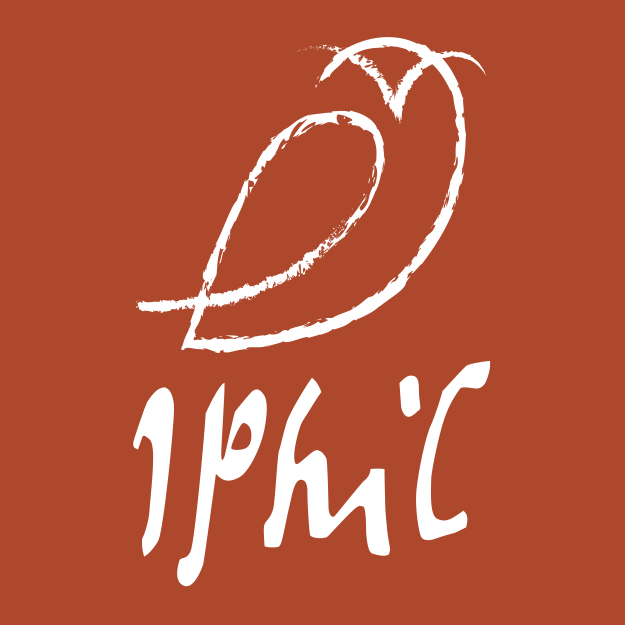Values in Scientific Policy Advice
Markus Dressel (doctoral project)
The project deals with the relation between science and democratic decision-making. Most people agree that scientists are not in a position to prescribe democratic policies – even if scientists, unlike their fellow citizens, might possess superior knowledge of the problems these policies address. How then should science’s role in democracy be understood? Again, there is a seemingly convenient answer: Whenever the epistemic site of a policy matter can’t be processed by democratic institutions alone – that is, when crucial facts are unknown – scientists are the ones to get the facts right, while it’s the democratic institutions who decide what to do in the light of these facts. While, for instance, the question whether some facts out there might make a certain policy risky is a scientific one, the question whether or not this makes the policy too risky is a political one.
Unfortunately, this idea doesn’t come without problems: It assumes that the normative decisions democratic institutions are supposed to make are not already imprinted in the facts delivered by science. However, the current philosophical discussion on inductive risk and non-epistemic values in science suggests that determining facts inevitably involves accepting the risk of potential error – and, with it, the extra-scientific consequences the error might generate. The problem is that this is exactly the kind of decision that should, qua premise, be reserved for the political realm.
Given this line of thought, inconvenient questions seem to arise: Do we need a notion of epistemic legitimacy? How can we make sure that inductive risk decisions of scientists reflect the values of the public? And, even more important, what to do if normative intuitions on inductive risks diverge? The project will address these questions by performing a philosophical case study in climate research and climate politics. It aims at combining elements of deliberative democratic theory with the inductive risk approach and, in the course of this, developing a concept of the science-democracy-relation on the conceptual (rather than the institutional) level. The guiding intuition will be that, in order to understand this relation properly, we have to talk values – and that this can be done rationally.
